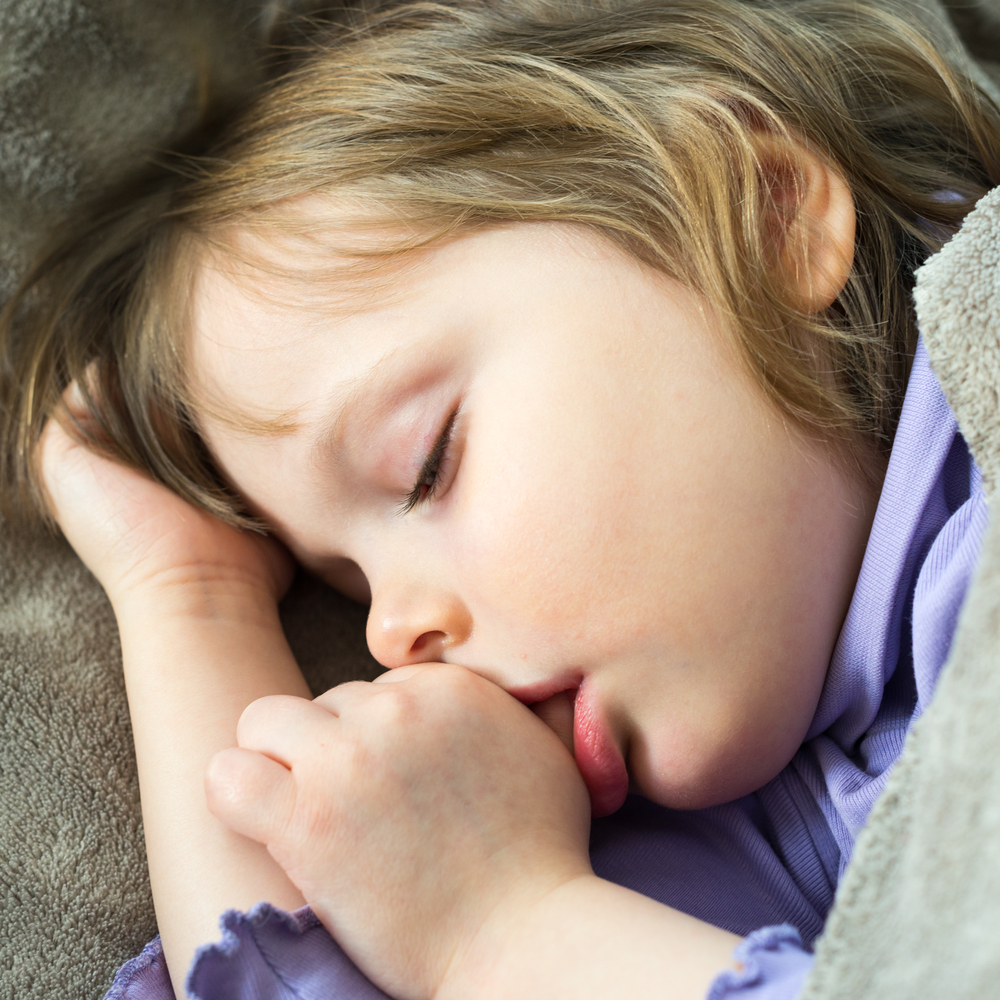
Many young children suck on their thumbs, fingers, or pacifiers to help them feel secure and relax. Most children stop sucking their thumbs by the age of 3 or 4. However, if they continue sucking their thumb too long, it can interfere with the growth and alignment of their teeth.
Children should stop sucking their thumb or any pacifier before their permanent teeth are ready to come in. If your dentist has expressed concern that the thumb sucking will cause a problem with your child’s teeth, there are a few things you can do to help them stop. One is to address the root cause of the thumb sucking. Since children often suck their thumbs when they feel insecure or need comfort, helping them feel more secure or finding comfort in other ways can help replace the need for thumb sucking. You can also reward your child when they go for a certain amount of time without sucking their thumb. If the habit is subconscious, you may want to help your child remember not to suck their thumb by bandaging their thumb or using another reminder
Please ask us at your next visit about suggestions and guidelines to help your child quit thumb sucking. Remember that your child needs your support and understanding during the process of breaking a thumb-sucking habit.
2. Pacifiers/Bottles/Sippy Cups
Bottles: Infants and young children can have a much higher risk of tooth decay if they frequently are put to bed (for a nap or for the night) with a bottle containing juice or milk. The sugars pool around the infant’s teeth as they sleep, letting bacteria produce acids that wear away at the tooth enamel. To prevent this, avoid putting your child to bed with a bottle of anything other than water and wipe their gums and teeth with a damp washcloth or pad of gauze after each feeding.
Sippy cups should only be used for a short time to help infants transition from a bottle to a regular cup. Do not let your child carry around a sippy cup full of anything other than water during the day. Juice, milk, or other liquids with sugar can quickly grow bacteria that increase the chance of cavities. Baby Bottles
3. Grinding
Many children grind their teeth at night due to stress or inner ear pressure. Most of the time this does not cause a major problem and children outgrow it between the ages of 9 and 12. However, in some cases, the grinding can wear down the child’s teeth. In this case, your dentist may recommend they wear a night guard to protect the teeth.
